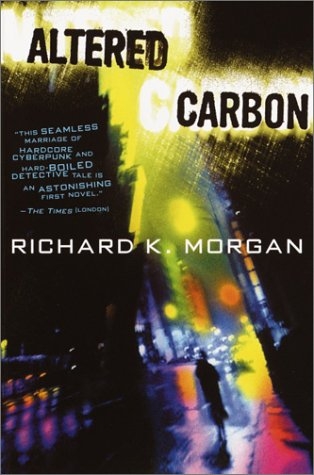I asked him to read me a passage, if only a short one. He opened a drawer of his writing table, drew out a thick stack of papers -- sheets of a large pad imprinted with the letterhead of the Juan Crisóstomo Lafinur Library -- and, with ringing satisfaction, declaimed:
Mine eyes, as did the Greek's, have known men's
towns and fame,
The works, the days in light that fades to amber;
I do not change a fact or falsify a name --
The voyage I set down is... autour de ma chambre.
"From any angle, a greatly interesting stanza," he said, giving his verdict. "The opening line wins the applause of the professor, the academician, and the Hellenist -- to say nothing of the would-be scholar, a considerable sector of the public. The second flows from Homer to Hesiod (generous homage, at the very outset, to the father of didactic poetry), not without rejuvenating a process whose roots go back to Scripture -- enumeration, congeries, conglomeration. The third -- baroque? decadent? example of the cult of pure form? -- consists of two equal hemistichs. The fourth, frankly bilingual, assures me the unstinted backing of all minds sensitive to the pleasures of sheer fun. I should, in all fairness, speak of the novel rhyme in lines two and four, and of the erudition that allows me -- without a hint of pedantry! -- to cram into four lines three learned allusions covering thirty centuries packed with literature -- first to the Odyssey, second to Works and Days, and third to the immortal bagatelle bequathed us by the frolicking pen of the Savoyard, Xavier de Maistre. Once more I've come to realise that modern art demands the balm of laughter, the scherzo. Decidedly, Goldoni holds the stage!"











































